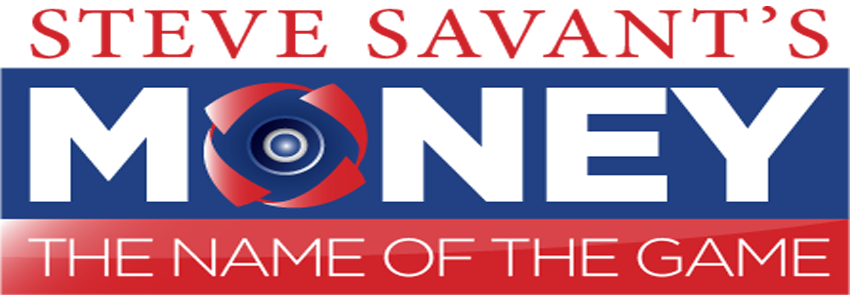 Mesa 10/2/2019 10:00:00 AM
Mesa 10/2/2019 10:00:00 AM
News / Finance
Protecting Human Capital with Economic Leverage
Covering Breadwinners, Rain Makers, Domestic and Business Administrators from the Unthinkable

What is your economic earning power and how important is that to your family, business associates and the charities you contribute to? Life insurance should cover your human ability to earn money for those who depend on you.
Life insurance is generally calculated on debt, future obligations and dependent charities, but rarely is the notion of calculating and replacing human capital for a breadwinner or key employee. The average person in our western democracies can work between 35 and 40 years. What does a person earn during their working lifetime? What is their earning power worth? What is the value of their human capital? How can you replace income generated from a family member, business associate or a contributor from a charity?
Consider economist Tom Hegna’s explanation of lifetime earnings and human capital. “Let me explain… When you begin your career, you have a greater proportion of wealth in human capital because you have many more years to earn compared to the time you’ve spent acquiring financial capital. As you progress through your career, the numbers change and your financial capital outweighs your human capital because you’ve been accumulating financial capital over the years, and you will have fewer prime earning years.”
There are calculators that can generate a rough estimate of your human capital. It’s not a quantitative assessment, just a good place to start. But a good example of lifetime earnings can be found in your Social Security report or better still in your older relatives report, which can give you a view into the future.
As Tom Hegna is fond of saying, “For many, human capital just may be your single greatest asset. This must be added to your financial capital, which is made up of tradable financial assets like stocks and bonds. So looking beyond the traditional concept of wealth, an investor’s true total economic wealth consists of two components. If your definition of wealth is only the sum of your financial capital (stocks, bonds, etc.), then you’re only seeing half the equation. A realistic concept of wealth should consist of both components. The first is made up of financial assets such as stocks and bonds; the second is comprised of human capital.
